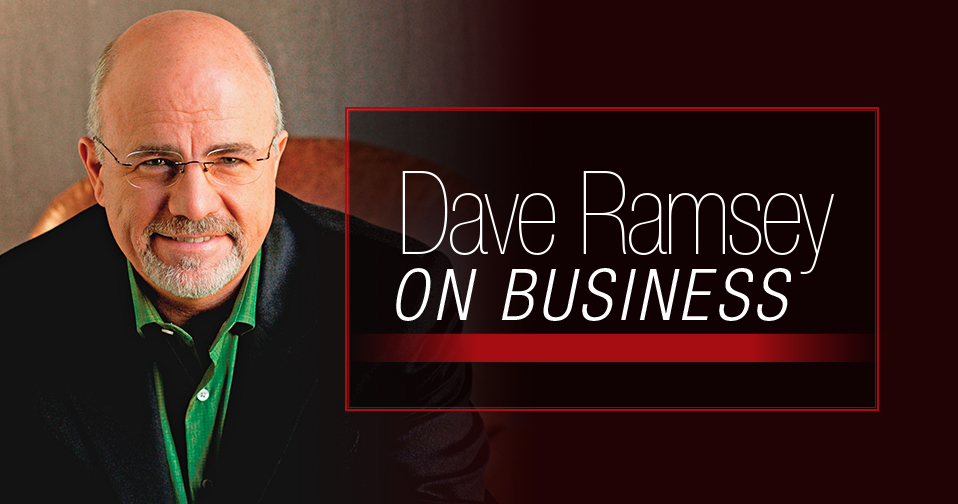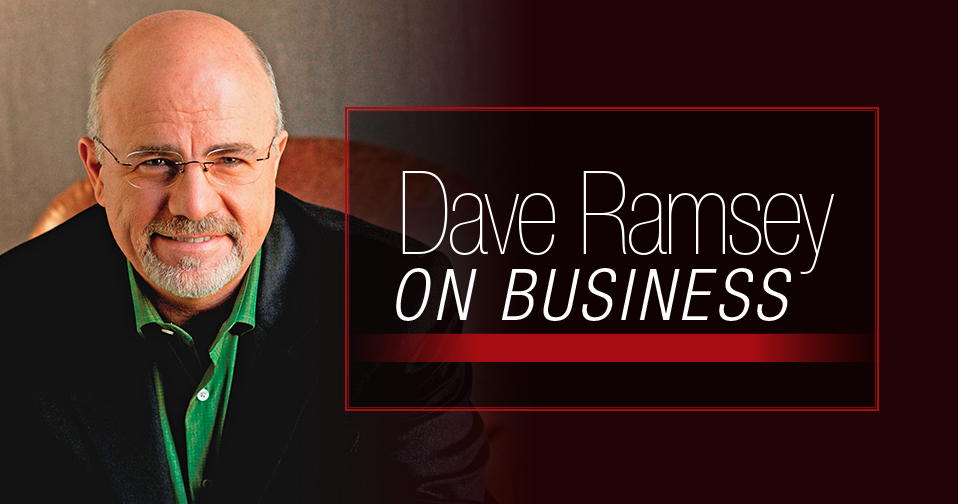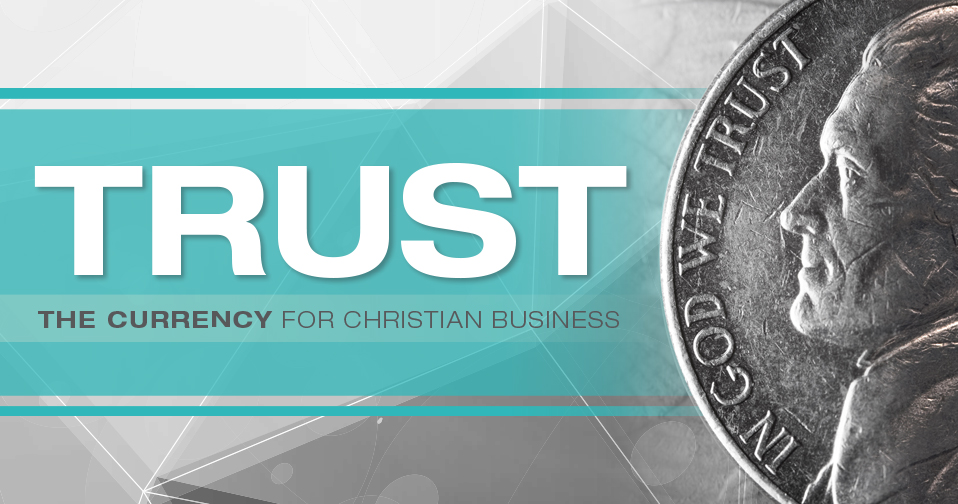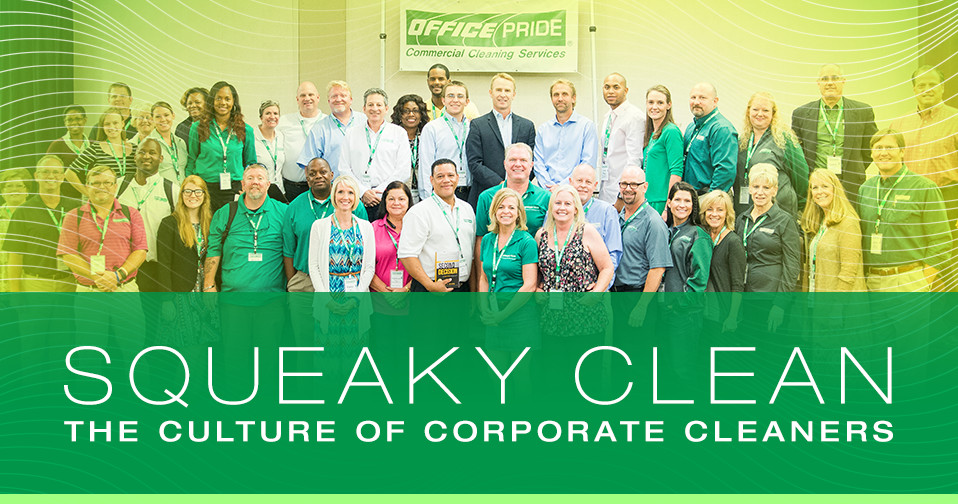Faith & Profit Are Not Mutually Exclusive

Henry Kaestner is Chairman of Sovereign Capital, an investment firm he co-founded in 2011 that focuses on early growth-stage companies with exceptional growth potential in expanding markets, especially Southeast Asia.
Previously he served as CEO of Bandwidth.com, a communications technology company he co-founded with David Morken. Under their leadership, Bandwidth’s revenue grew from $0 to $200 million without acquisition or institutional funding and was the fourth fastest growing privately-held company in the U.S. from 2003 through 2007.
Kaestner co-founded and serves as Chairman of the Board of DurhamCares and he holds leadership positions on boards at both the University of North Carolina at Chapel Hill and the North Carolina Central University School of Business. He serves as an elder in the Presbyterian Church of America and lives in Durham, NC with his wife and three sons.
I had the pleasure of speaking with Henry about his faith and the success of Bandwidth.
BP: When people think of Bandwidth, what do you hope comes to mind?
HK: I would like for people to think of Bandwidth as a company that’s led by folks who very much want to get out and compete and innovate for God’s glory. I’d like them to know that it’s led by guys who aren’t bashful about talking about why they do what they do. I also want them to know that Bandwidth has had huge success in helping customers unlock remarkable value from their telecom solutions and their telecom service. On the business side, we’ve helped companies innovate and create their own products and services.
We want to be able to free up our customers from the tyranny of the legacy telecom providers who charge way too much money for young families that want to have mobile communications.
BP: Bandwidth is known for its unique culture. What does that look like, and how did you create it?
HK: Our culture is based first on faith, then family, then work ethic, and fitness. It comes from the way David Morken and I set up the company from day one. I remember David saying, “Look if we are going to be intentional about our corporate culture, it needs to mirror who we are as individuals.” I was a new believer at the time. I came to faith in 1998, and this conversation happened in 2000. I said, “Well we want to be all about our relationship with God first. That’s the most important thing, and we wanted it to undergird everything we did.
Second, we wanted to create an atmosphere that allowed employees to lead and serve their families well. David has six kids, and I have three. We knew early on that with young families, we wanted to be home during dinnertime, bath time, bedtime, and reading stories. After the kids were down, we’d still have plenty of time to dial back in and get work done—but it wouldn’t come at the expense of quality family time.
Our third priority is work, and the fourth is fitness. So that’s the culture that was established. Today, out of 430 employees, probably two-thirds of them work out every day at lunch. That’s a big part of employee morale and camaraderie.
BP: How have these priorities shaped the atmosphere at Bandwidth?
HK: There’s an energy to our culture that’s fueled by a sense of working for a higher purpose. I wouldn’t suggest that all of our employees share our evangelical faith. But they know that they are working for guys that are about something greater than just manufacturing or the distribution of goods. That sense of purpose, I think, is a big part of the culture.
Another important part of the culture at Bandwidth is an atmosphere that allows our employees to innovate, create, and win. They’re handed real responsibility that allows them to run with things. I think that’s a big key.
Making family a priority gives us all an energy and a foundation that allows for sustainable work. If you are free to serve your family well, it releases your creativity and gives you the latitude to be able to do your work better.
So our corporate culture is faith driven, but I think if someone just walked in, on day one they would feel an energy and a sense of optimism and hard work. Then, they’d sense that these guys are changing the world—just a little bit maybe, but they are changing the world.
BP: How do you balance these priorities with the company’s need to remain profitable?
HK: Great question. We don’t see them as mutually exclusive at all. I think when you really focus on God’s kingdom and honor Him, the profit comes. I think that’s biblical—but some people took issue with us on this when we started the company. For instance, we would not work with two of the largest consumers of data telecommunications: the adult entertainment industry and spammers.
We made it clear that our faith doesn’t allow us to work with those folks, so some people early on wouldn’t invest in us, because they thought we were compromising profit. We didn’t see it that way. We thought that our mission was to get out there and change the way smaller and medium-size businesses bought telecom—and there was more than enough market for us to capture.
I think the fact that we’ve been very focused on our faith has created a culture that has led to very, very low employee turnover.
In the past I fondly suggested that someday Harvard Business School might do a case study on the rise of Bandwidth.com—how it’s been very very profitable and has grown very quickly. When they look at Bandwidth, they’re not likely to ascribe its success to divine providence, as we would. But they’re likely to credit the remarkably low turnover of our management team. And we believe that’s a function of our corporate culture driven by faith.
Interestingly, three weeks ago Harvard Business School did come down to do a case study on our faith-driven culture—what that means and how that translates into profits. And so, back to my original point, I don’t see them as mutually exclusive at all. By virtue of the fact that we stayed true to our principles and didn’t pursue customers like the adult entertainment industry, I would suggest that we have been significantly more profitable, because our employees appreciate the fact that we stuck to our values.
BP: What was behind the formation of Sovereign Capital in 2011?
HK: It came out of the early experience with Bandwidth. There were lots of reasons that folks didn’t invest in Bandwidth.com back in the early days. When David and I set out to raise money, some of the folks who wanted to invest in the company didn’t really get that faith should stay at the center of our culture. When we talked about our faith, we got some really blank stares from potential investors. Institutional capital doesn’t know what to make of faith in the workplace, and as a result, there are very real pressures for entrepreneurs to repress their spirituality—to compartmentalize it in order to please investors.
There are over five thousand venture capital and private equity funds out there, but none of them has the premise of getting behind and investing in Christian-led companies.
Since we believe that transformation happens in the marketplace, we wanted to create a fund that would come alongside Christ-following entrepreneurs, to help them grow their businesses, focus on intellectual property, and challenge the market. But we also wanted to be able to ask questions, not in a prescriptive way, but to discuss questions like, “When is it appropriate for us to pray with non-believing employees?” and “Should we hire a corporate chaplain or not?” Things like that.
Our belief is that Christian led companies can outperform against the market, and that there is a lot of great secular research that points to this. Jim Collins in Good to Great points out that when leaders are able to work for something other than their own glory, then they outperform. Clay Christiansen writes about it, Ken Blanchard, and even Simon Sinek in his famous Ted.com video talks about “the why” of leadership.
So, we think that there’s something powerful about investing in Christian-led companies. I wouldn’t suggest that it gives us a 250 basis points advantage in return, but I do think that there’s something powerful when a Christ follower is able to talk about why they do what they do. So that’s the origination of the fund.
BP: In 20 years, what do you hope Sovereign Capital would have accomplished?
HK: We’d like to be a top quintile fund so that investors can understand and realize that investing in a Christian-led business is a good investment opportunity. Success would look like Christ-followers in the marketplace being able to be courageous as they talk about why they do what they do. And investors would come alongside kingdom companies that make an impact and put their resources together towards marketplace transformation, not believing they need to sacrifice ROI in the process.
BP: What do you see as the biggest hurdles for a leader who wants to run a company that glorifies God?
HK: I think the greatest hurdle is not focusing enough on their own discipleship. Running a Christ-led company comes from a transformed heart and a realization that we indeed have found a treasure in a field. We’ve found the pearl. We’ve won the jackpot. We’ve been given the gift of life both now and in eternity. And that changes everything about why we work and whose glory we work for. That realization fuels us with an energy and desire to work for something greater than ourselves, greater than the bottom line, greater than shareholder value, and when we do that, great things can happen.
BP: How would you describe Henry Kaestner’s calling?
My calling is to love the Lord my God with all my heart, soul, mind, and strength, and to love my neighbor as myself. My neighbor is a person that I encounter along the way. God gave me gifts and experience in business, so my neighbor is likely someone I encounter in a business context—an employee, partner, vendor, or customer. They are the people I need to love on. That is how I hope to be characterized by my vocation. Henry Kaestner
HK: In terms of something more holistic, I hope that I am known as a disciple of Christ and a great father, one that helps his children to know God more fully, and a great husband, loving my bride as Christ loved the church. That’s how I hope I am known. Of course, I fail on that to different degrees every day, but that is the goal I am going for.
© 2011 - 2015 Center for Faith & Work at LeTourneau University. All rights reserved. Reprinted with permission from Center for Faith & Work at LeTourneau University: www.CenterForFaithandWork.com

By: Bill Peel
Bill Peel is the Founding Executive Director of The Center for Faith & Work at LeTourneau University. For 30 years, he has coached thousands of men and women to understand their calling and grasp their work’s importance to God. Bill is an award-winning author/co-author of seven books (in multiple languages) including Workplace Grace, What God Does When Men Lead, and Discover Your Destiny.






